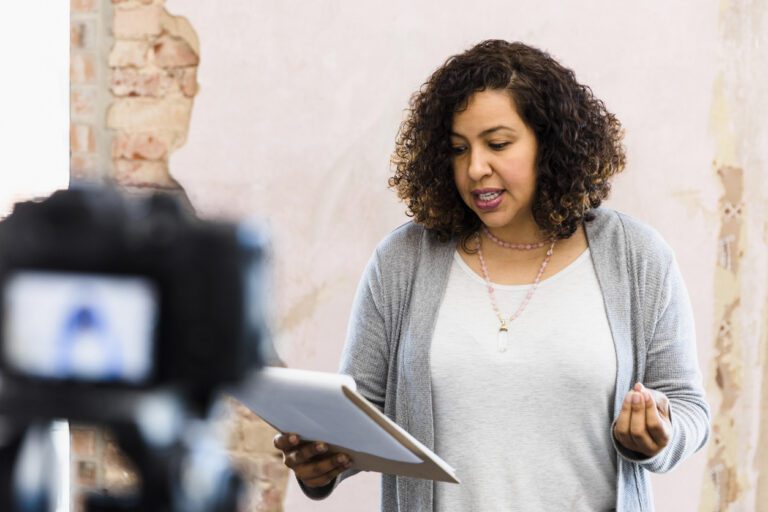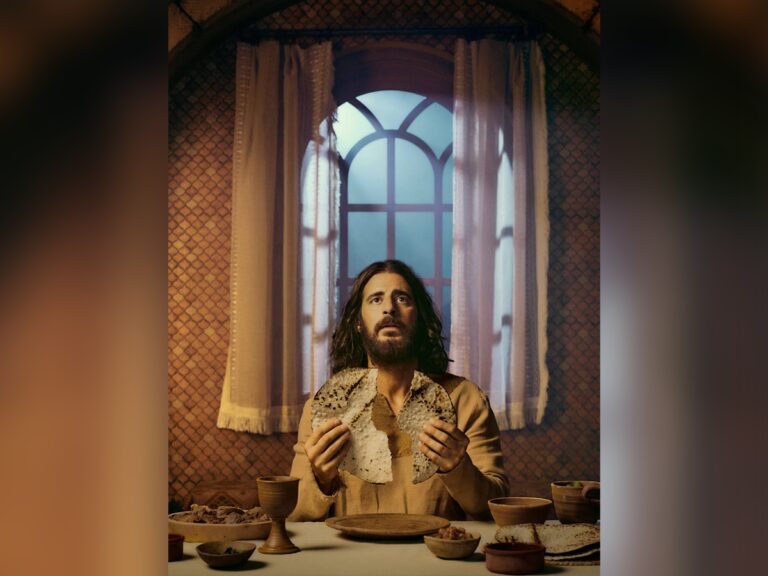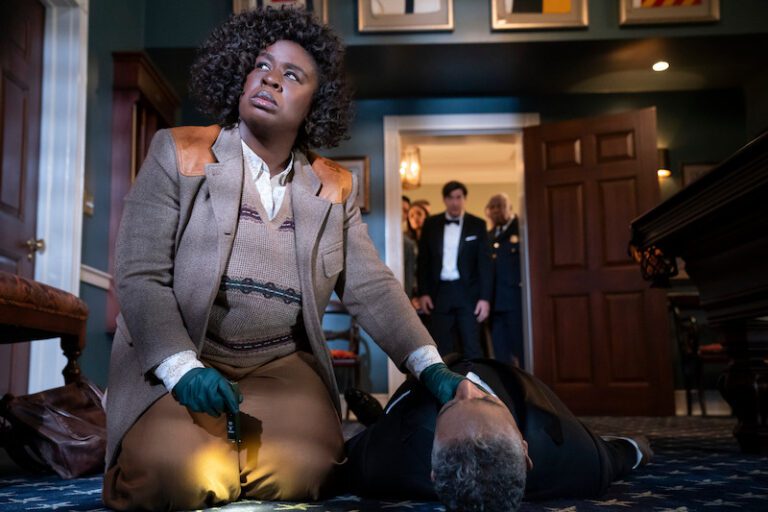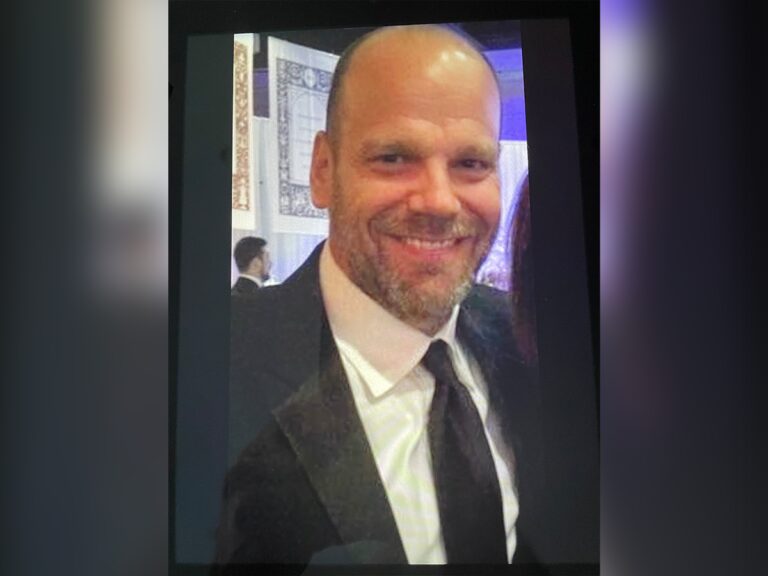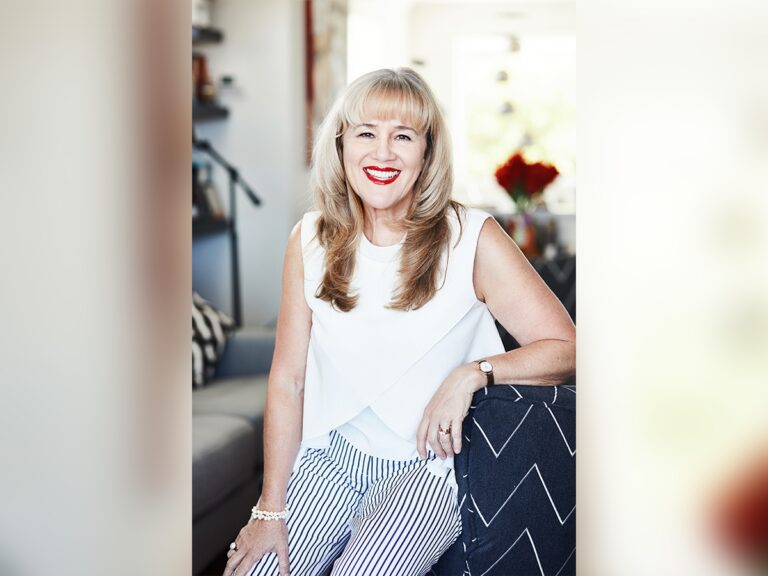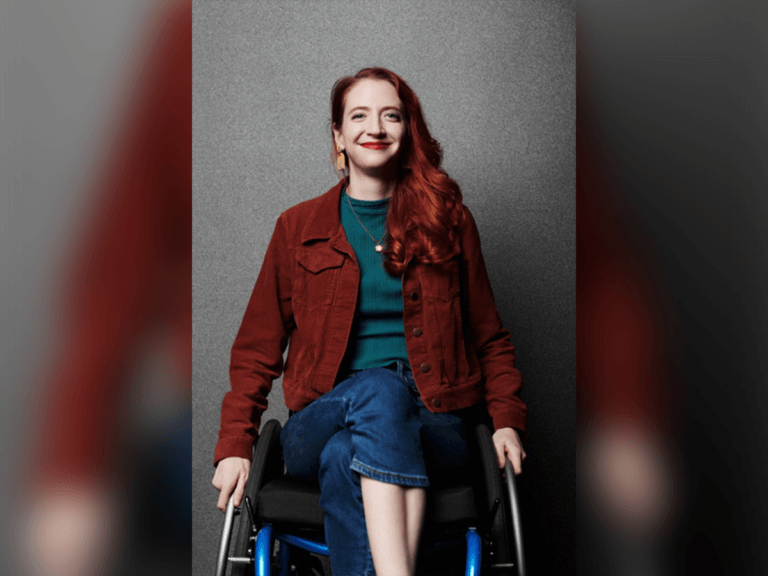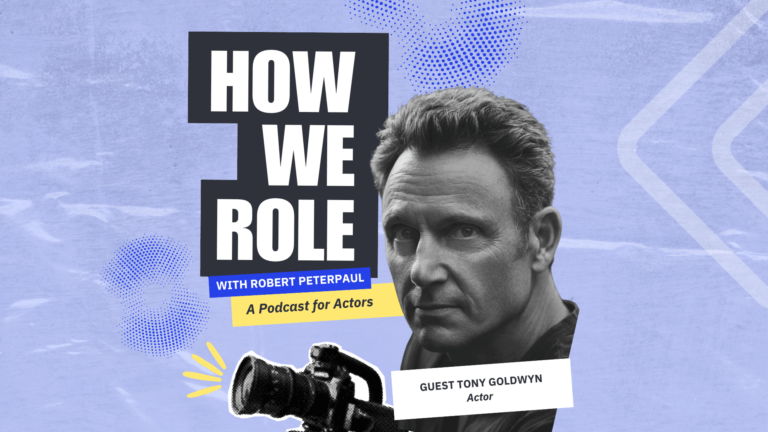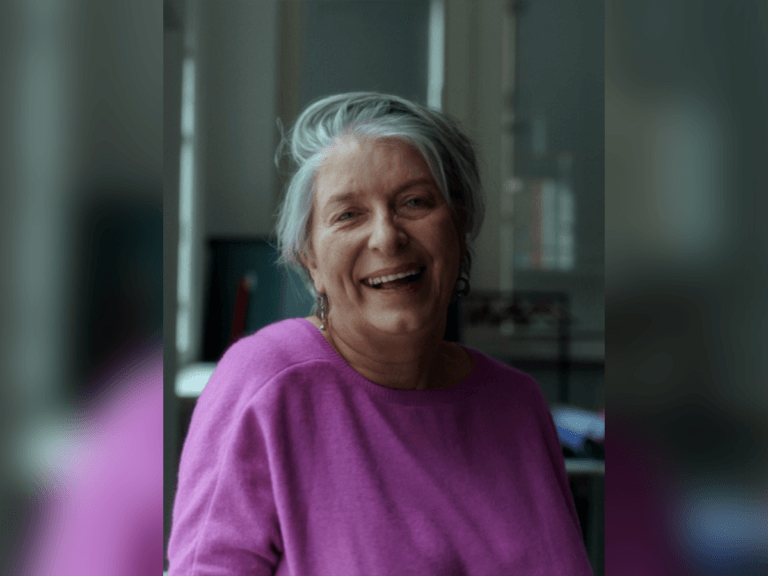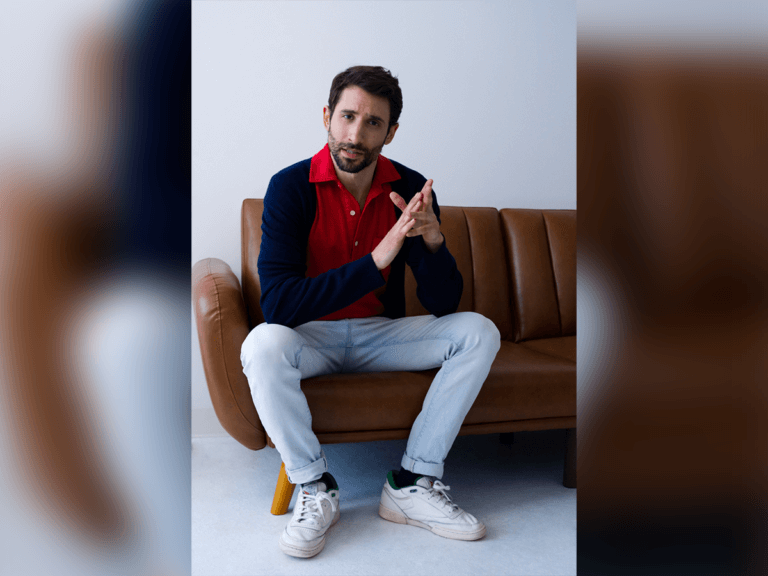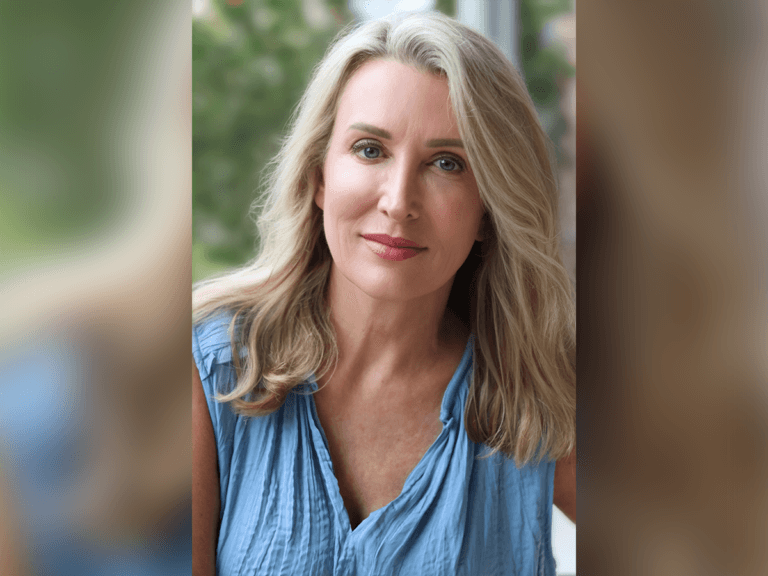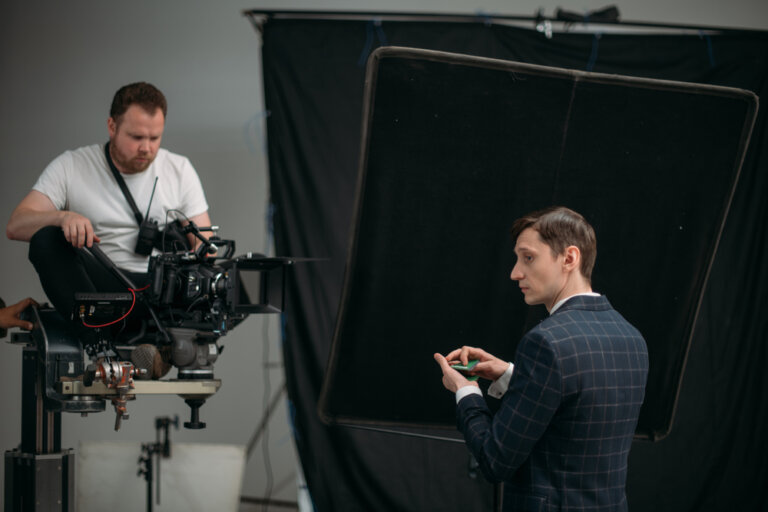Jill Trevellick is a legend in the casting business. A standout in the British film and TV industry, she has cast dozens of prestigious movies and shows, with her work regularly showing up here in the US on PBS’ Masterpiece.
The best known project she’s cast is Downton Abbey, which earned her Emmy nominations for each of the show’s six seasons. She’s cast the big screen versions, too. The third and (probably) final film hits theaters later this year, but first up is the Masterpiece miniseries Miss Austen, a romantic drama following the lives of writer Jane Austen (Patsy Ferran) and her sister, Cassandra. The show premieres May 4. She spoke to us from her home office in London.
Insights: Lessons from Jill Travellick
- Bring unique flair to your audition to stand out.
- Know your lines but stay open to taking direction.
- Show genuine interest in the project and be ready to discuss your character’s interpretation.
Thinking about joining Casting Networks? Sign up for a free trial today!
Tell me how you got into casting in the first place.
Gosh, well, probably like a lot of casting directors you’ve spoken to, it wasn’t planned. Certainly way back when, it wasn’t a job that you would ever have heard of. I don’t come from a family that’s involved in the industry at all. I was the first person in my family who went to university. We never went to the theater, so it just wasn’t on my radar at all.
I went to Liverpool to do an English degree, fully expecting to become a teacher because that seemed like an obvious thing to do. At university, I first discovered the theater. Around the corner from the university was the Everyman Theater, which, when I was there in the 1970s, was just about the coolest place.
I remember the Everyman Theater. It had a pretty insane roster of actors, didn’t it?
When I was a student and went to see shows there, the cast included Julie Walters, Pete Postlethwaite, Bill Nighy. Just before I arrived, Alison Steadman and Jonathan Pryce had been there. It was a phenomenal breeding ground for great actors. I completely fell in love with theater.
When I left university, the theater had gone through a big building redevelopment and they were recruiting a whole new staff. I applied to be the press and publicity officer. They very kindly said to me, “You have no experience,” which I had to agree with, as I had none; but they offered me the job of box office manager. It was a very small theater, the box office was a hatch in the wall. The main general office included the administrator, the publicity person and the finance person. Just by sitting there, I learned a lot. Eventually I ended up being the administrator of that theater.
Seems a natural progression. How did that lead to a career in casting?
I came down to London and worked at the National Theater and the Young Vic, which is where I started to get more and more involved in casting. The artistic director that I worked with there, David Thacker, was very keen that I should have a producer role as well as an administrative role. That’s when it became more fun, a bit more creative. I also realized at that point that the chances of being able to make a living as a casting director in theater were nil unless you were going to be the casting director at the National or the Royal Shakespeare Company, or the Royal Court. That was it.
How did you make that transition to film and TV?
I apprenticed myself over the next three and a half years to about a dozen different television and film casting directors. I also had two babies around that time as well, so it was busy. Then it got to the point where casting directors I’d been working with said, “You know, you should go on your own now.”
I didn’t think I was ready because I was working with casting directors who’d been in the business for 15, 20 years and seemed to know vast numbers of actors. You soon realize when you move from theater to film and television that you have to have a much broader knowledge of actors because you’re casting people literally to deliver one line — which you never would in theater. I carried on doing some casting for theater as well in the early days, but it was basically with directors I worked with before. Some of them went into television and I would work with them.
I’ve heard of other casting directors making a similar switch; going with directors who transitioned from one to the other.
I was very lucky because I worked with a producer in the very, very early days called Roger Brown, who was a complete maverick. He wanted people to work on things who — as he put it — had something to prove. He had a series for Channel Four, which was trying to find new writers and new directors to do new work. That led me to do Vanity Fair with director Marc Munden for the BBC. That was the first thing I did on my own. It was a baptism of fire, but I thought, “If I can survive this, I can survive anything.”
You mentioned working for several casting directors. Usually, someone comes up in casting either under a single mentor or they move around a lot and work for a bunch of people. I’m curious about what you picked up from your experiences.
I think both are true for me. The two years that I worked with Ann Fielden and Di Carling were the most formative experiences for me. I think I learned the most from Ann. I learned all about taste and how you build an ensemble just by watching what she did.
They were both incredibly fair and straightforward. They always stood up for actors, had a lot of respect for actors and liked actors. The way that they worked, I thought, “Ethically, this is a job I could do in this way.”
Let’s talk about Downton Abbey. I know one never knows when they’re working on something that will become a sensation. This is a loaded question, but when you joined the project, did you have any idea what it would become?
Honestly, not really, no. I knew Gareth Neame, who’s the CEO of Carnival Films and the original exec producer because I’d worked on a thing called The Rotters’ Club at the BBC when he was in charge of commissioning independent productions. He knew me and thought of me for this project, which was very nice of him.
I remember he called me and said, “I’ve got a script I thought you might be interested in. It’s by Julian Fellowes and it’s kind of like Gosford Park as a television series.” I said, “Sounds great.” After I read it, I rang him and said, “If you get the casting right on this, this could be a real hit,” but my thought was here in the UK. I’d never thought any further than that.
Your latest project is the Masterpiece series, Miss Austen. What’s the challenge of Jane Austen, a real person who people know so much about?
I cast Jane Austin twice. I did a single film quite a few years ago that Jeremy Lovering directed called Miss Austin Regrets, but the challenge is pretty huge. When I watch biopics of Bob Dylan or Elvis Presley, you have got to get the audience to temporarily suspend their disbelief that they are actually in the company of an icon. Sometimes it works, sometimes it doesn’t. When it works, it’s phenomenal. Patsy Ferran, who plays Jane, is remarkable. She is slightly quirky slightly eccentric and incredibly intelligent.
Is there an extra bit of satisfaction that comes from nailing something like this?
It’s lovely to give somebody a huge break; somebody who’s not had that breakthrough role. To give them that or to find somebody who’s never done television before. I’ve had a few experiences of that, and that’s very nice.
It’s not just finding the right person for the right role. It’s almost like putting an orchestra together; finding actors who seem to inhabit the same world that you’ve created.
That’s something I find casting directors have in common, the love of putting that puzzle together.
I often say to actors, “It’s not an acting competition.” I always try and encourage them by saying, “You’ve come in, you’ve impressed, people will think of you again.” Sometimes it’s just that. It’s complicated, but the bit I like best is working on things where you can discuss the psychology of the characters. I find that very interesting.
That seems like a good segue into my last question, which is what piece of advice or wisdom would you give to an actor coming into an audition for you?
It’s difficult to tell actors not to be nervous. Of course, they’re going to be nervous because they’re very invested. I always say to actors, “When you come in, it’s because I believe you can do this. You have an ally in the room.”
Everybody wants it to work. Everybody wants it to be right. Be really well prepared. Learn your lines, but don’t groove your performance so much that you can’t take direction and vary what you do. Be enthusiastic. We’re sitting in rooms seeing a lot of people and reading the same scenes with them, so anybody who comes in and is genuinely enthusiastic about the project; that’s great. I see directors just blossom. Make choices. Be ready to talk about how you see the character and what you’re feeling about it. Do your homework and be yourself.
You may also like:
